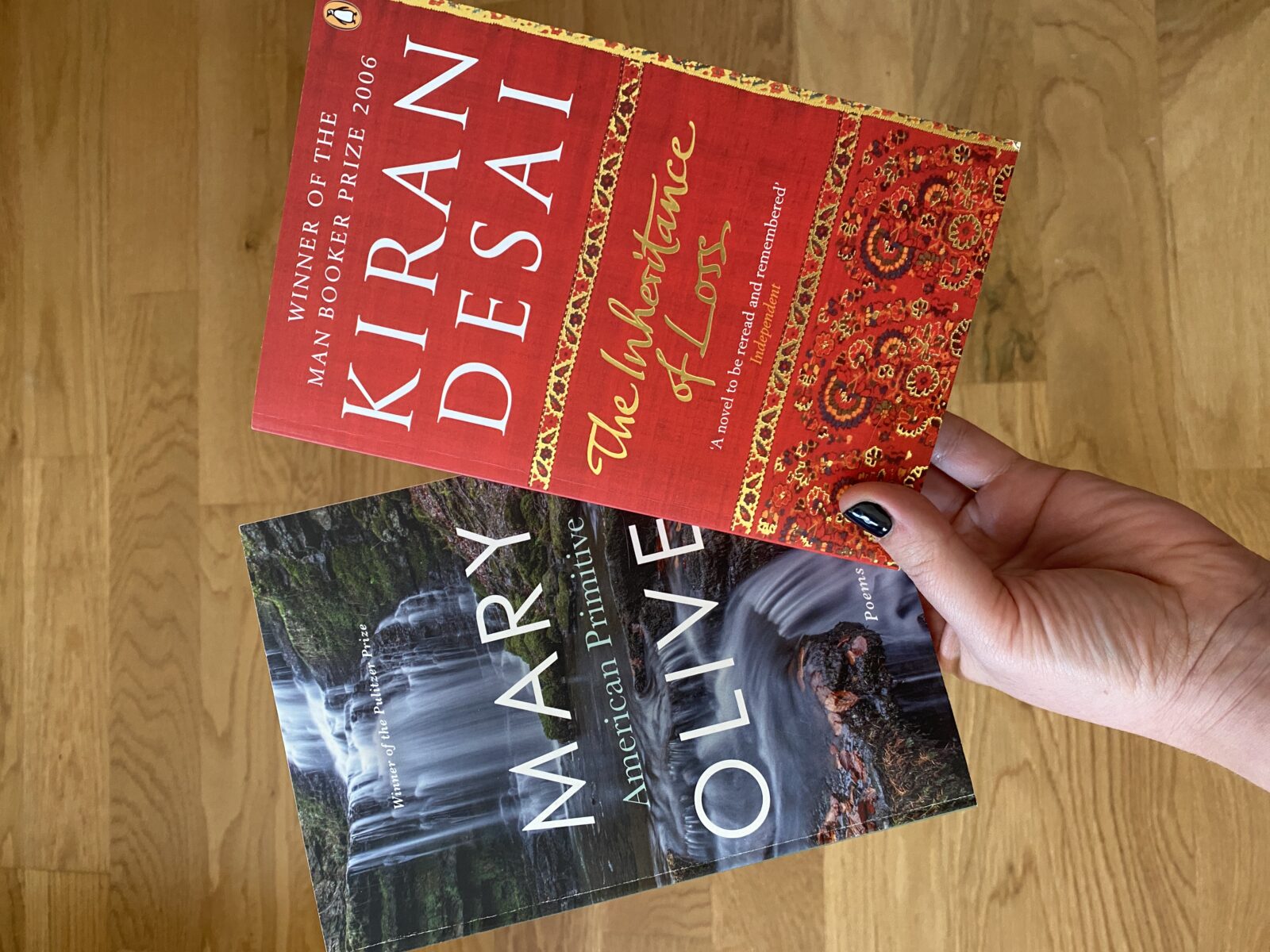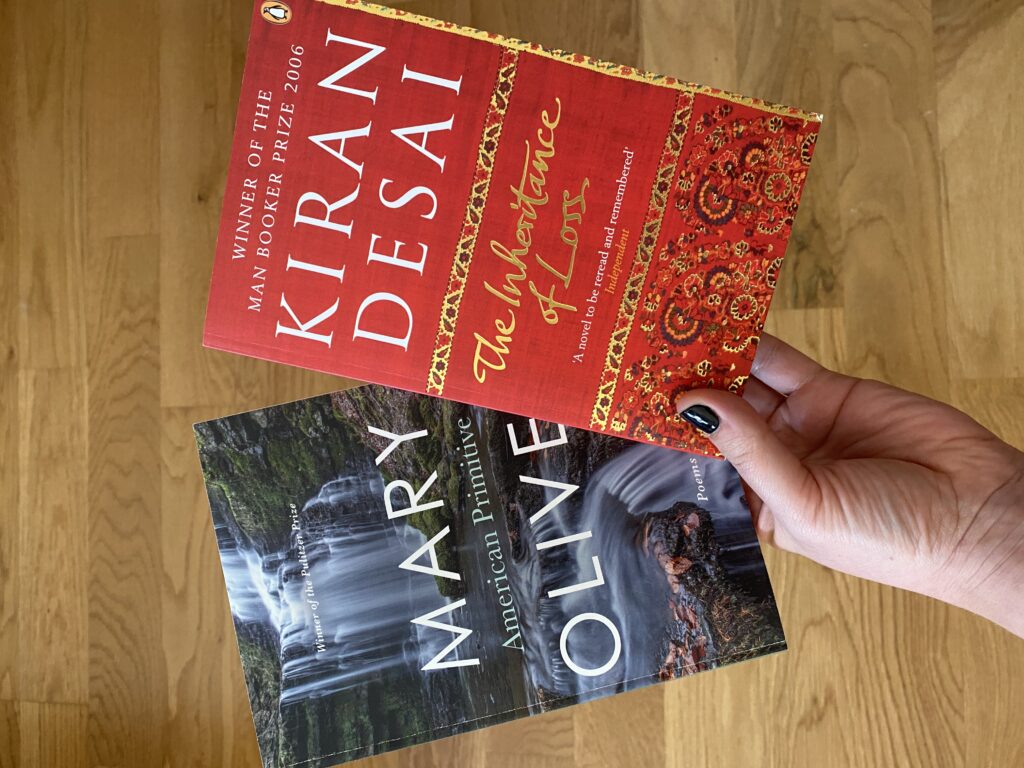The Inheritance of Loss, Kiran Desai
The Inheritance of Loss is set on a mountain side on the border of India and Nepal, in contentious times as certain ethnic groups want independent states after Britain’s division of India and Pakistan. It focuses on a retired judge who relives his life’s disappointments day by day, his granddaughter and her tutor, and the cook and his son, who is trying to make it as an undocumented worker in the United States. It is rare that I do not connect with any characters in a book I am reading, but this was one of them. As one of my Instagram friends, who also read the book, said, most of the characters are “despicable.” And it’s true; there are not many redeemable characteristics among the bunch, with some of them only getting worse as the novel progresses. In addition to that aspect, I found that I did not have a good enough grasp on the historical and cultural context the novel is set in to truly appreciate it. This was all quite surprising to me, as The Inheritance of Loss was shortlisted for the Women’s Prize and won the Booker Prize, making Desai the youngest woman to ever win the prize. Well, as they say, you win some and you lose some; I am sure the next one will be better!
American Primitive, Mary Oliver
As can probably be assumed from my usual ‘What I’ve Been Reading’ posts, I am mainly a reader of fiction, sometimes non-fiction, and very rarely, poetry. In fact, the only poetry collections I have really read have been by Mary Oliver, and maybe some in school that I cannot really remember. But I mean, come on, it’s Mary Oliver! All the best quotes floating around on Pinterest and Instagram are from Mary Oliver poems (“Tell me, what is it you plan to do with your one wild and precious life?” and “I read the way a person might swim, to save his or her life” are two of my favorites). So this collection, which won the Pulitzer Prize, was just as evocative and illustrative as her other work, with much of it focused on the natural beauty of her native Midwest, especially Ohio. A trick I find to be very helpful when reading poetry as a natural speed reader is to read the poem twice: the first time out loud, marking the natural cadences of the poem, and the second time normally, to appreciate the word choices and imagery. This also helps me to slow down and appreciate each poem on its own instead of reading them very quickly altogether.

